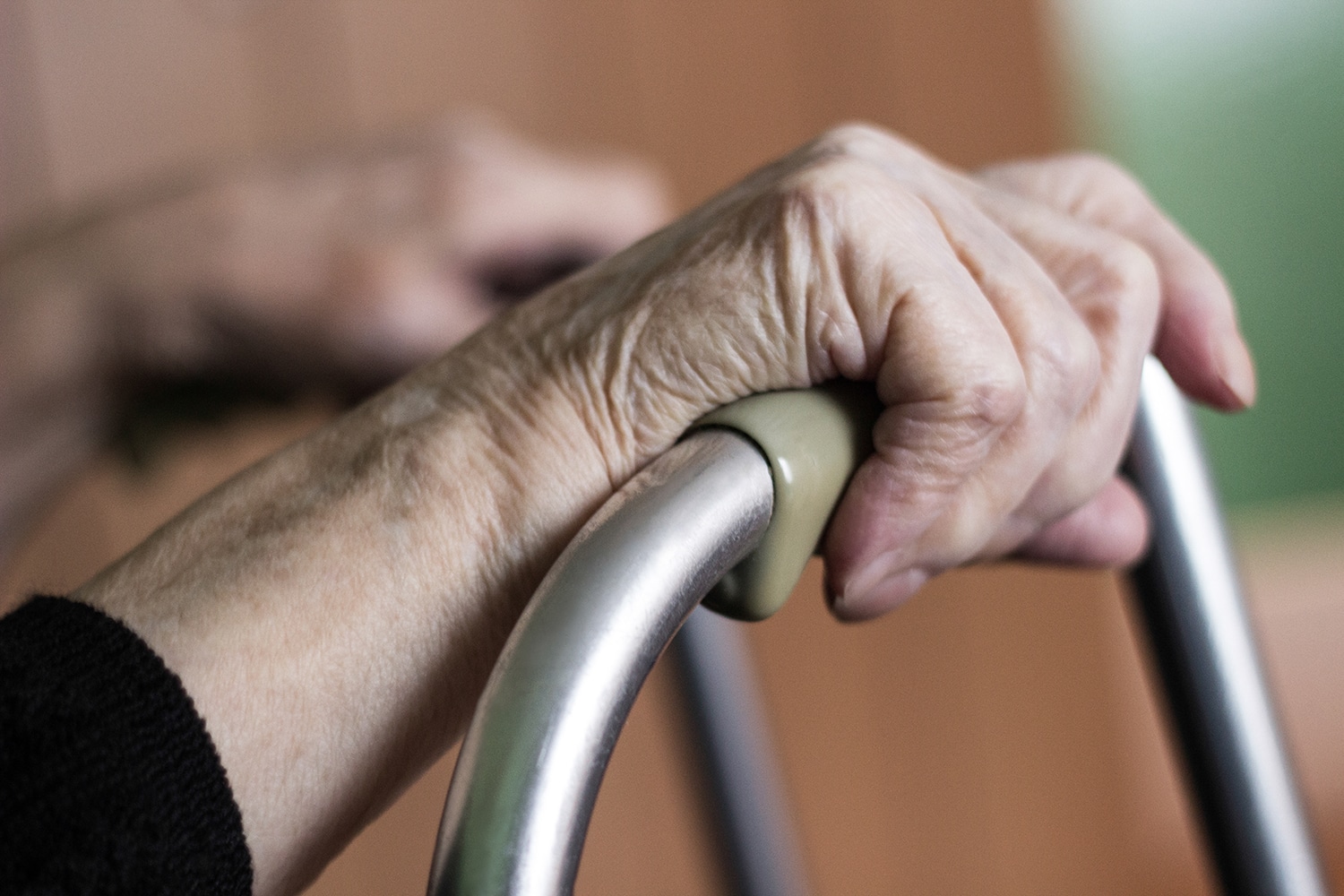Breast Cancer Surgery in Nursing Home Residents
A study published in JAMA Surgery Aug. 29 shows breast cancer surgery, when given to frail elderly patients, may be more likely to harm than help. The researchers analyzed the outcomes of 5,969 women living in U.S. nursing homes who had inpatient breast cancer surgery. They found that the rate of death within a year after surgery was higher than would be expected, indicating that surgery had shortened some patients’ lives. Those patients who did live a year after surgery had significant reduction in their ability to engage in their normal activities. Study author Laura Esserman, director of the University of California, San Francisco, Breast Care Center, told Kaiser Health News, “When someone gets breast cancer in a nursing home, it’s very unlikely to kill them.” They are more likely to die from something else first, and so screening for and treating breast cancer may not be beneficial.
Talking About Glioblastoma
Senator John McCain died on Aug. 25, around a year after being diagnosed with glioblastoma. Oncologist Jalal Baig wrote for NBC about the language used to discuss McCain’s illness and death. Baig points out that following McCain’s diagnosis, many media outlets and supporters of McCain used military metaphors to talk about his disease. Following McCain’s death, media outlets have referred to him losing a battle with the disease. Baig argues that war metaphors can be harmful when applied to cancer, “confounding” patients’ understanding of their disease and making it appear that those who die of cancer did not fight hard enough. The language “forces a patient’s cancer outcome to be viewed solely in terms of victory or defeat, and, most distressingly, dictates the vocabulary that individuals themselves use to understand and speak of their disease,” Baig writes.
Subjectivity in Screening
No professional organization recommends that physicians routinely screen for ovarian cancer. However, some physicians do screen average-risk patients for this disease. A study published in the Journal of Women’s Health shows that a physician’s own nonprofessional experience with cancer influences whether he or she would screen a patient for ovarian cancer. The researchers defined nonprofessional experience of cancer as being diagnosed with cancer oneself or having a family member or close friend or coworker with cancer. Among 497 physicians surveyed, 86 percent of those who didn’t have any personal experience with cancer reported that they would adhere to guidelines to avoid unnecessary screening. In contrast, just 69 percent of physicians who had personal experience with cancer indicated they would adhere to guidelines.
Cancer Today magazine is free to cancer patients, survivors and caregivers who live in the U.S. Subscribe here to receive four issues per year.





